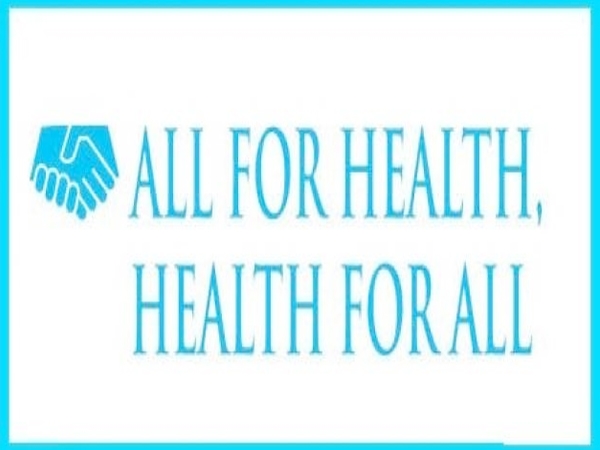WHO says world needs Universal Health Coverage; essential health services not reached to all
New York, December 14: Many people at the end of month save a fair amount of monthly income for medical insurance or such schemes. Why? That is because health expenses are sometimes way too much for common mass. But the people who can’t even afford two times meal what about them? They also fall sick but they can’t afford healthcare. The stark reality is least half of the world's population cannot obtain essential health services. Moreover, nearly 100 million people are being pushed into extreme poverty each year due to the out-of-pocket health expenses. A new study by World Bank and WHO has come out with this brutal truth.

"It is completely unacceptable that half the world still lacks coverage for an essential health services," said Dr Tedros Adhanom Ghebreyesus, Director-General of WHO. Talking about solution, he said universal health coverage (UHC) allows everyone to obtain the health services they need, when and where they need them, without facing financial hardship.
Wide gaps exist in the availability of services in Sub-Saharan Africa and Southern Asia. Even in more affluent regions such as East Asia, Latin America and Europe, a growing number of people are spending at least 10 percent of their household budgets on out-of-pocket health expenses.
“The report makes clear that if we are serious – not just about better health outcomes, but also about ending poverty – we must urgently scale up our efforts on universal health coverage,” said World Bank Group President Jim Yong Kim.
Labour Room Quality Improvement Initiative, a Safe Delivery Mobile Application for health workers who manage normal and complicated deliveries in the peripheral areas were launched, and the Operational Guidelines for Obstetric High Dependency Units (HDUs) and Intensive Care Units (ICUs) was also released on a special day in presence of JP Nadda.